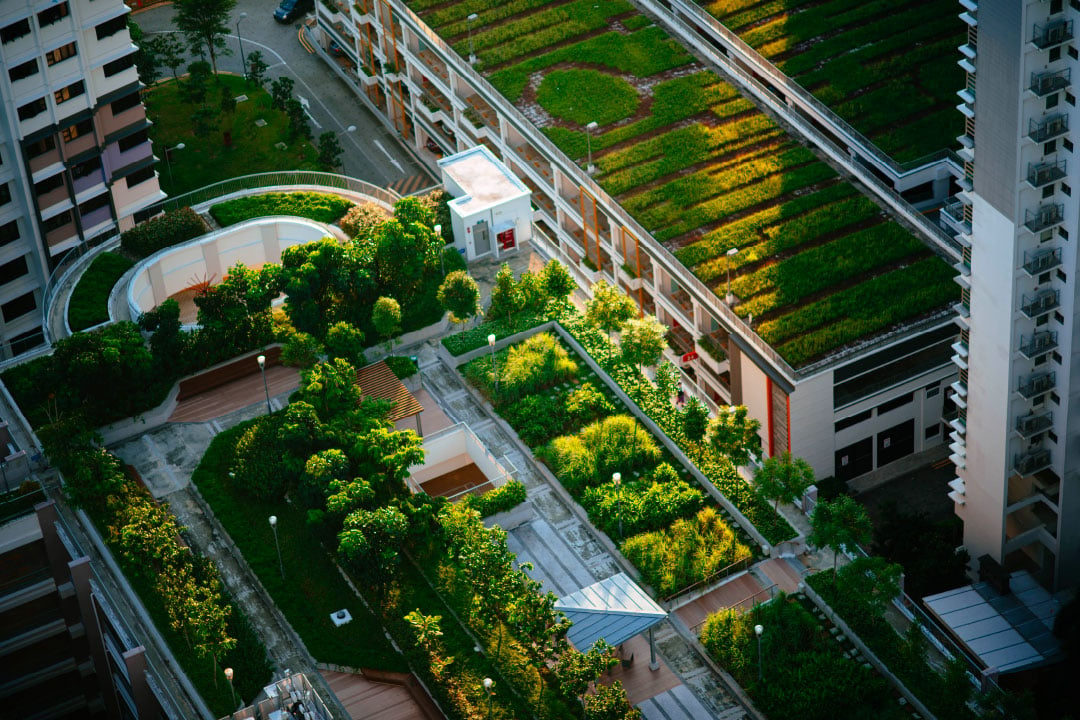Principal Investigator: Laura Talens
This research line aims to analyze the anthropogenic cycles of materials in socio-economic systems. The results of such analyses help identify ways of optimizing the use of resources and reducing the related environmental impacts, as well as help get a better understanding of the environmental impact of the lifespan of products and services. Within the research line, two of the research topics targeted are the analysis raw materials and the ecodesign of electrical and electronic products.
Understanding the availability of raw material is crucial to ensure the development and implementation of new technological applications, as for example renewable energy technologies. The analysis of raw material using material flow analysis allows quantifying the flows and the stocks of materials within a system, as well as defining indicators that help monitor the performance of such systems.
Since 2015, the European Commission has emphasized to need to favor the repair and maintenance, reuse, remanufacture and recycling of electrical and electronic equipment, to optimize materials cycles and reduce waste to advance towards a more circular economy. At ICTA-UAB, we develop projects on the ecodesign of electrical and electronic equipment to get a better understanding of the lifetime, the architectural design and the material composition of these products and upcoming technologies.



